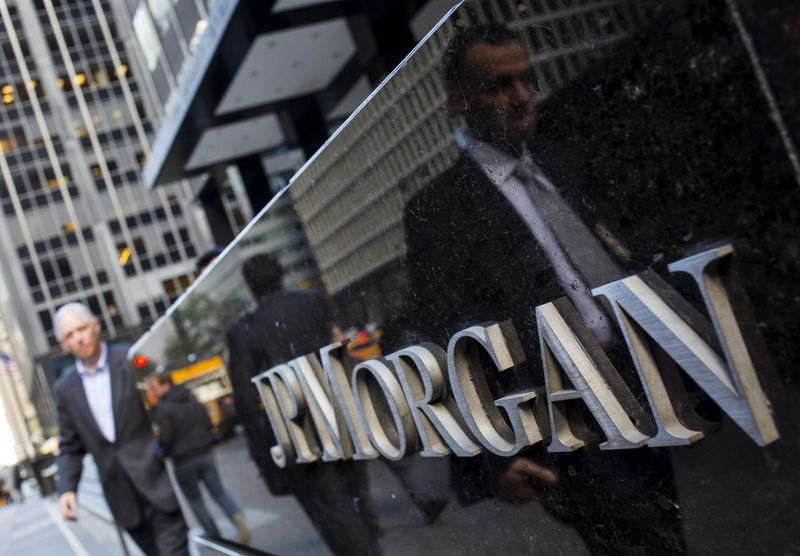By Jody Godoy
(Reuters) -U.S. antitrust enforcers weighed in on Friday on Elon Musk’s lawsuit seeking to block OpenAI’s conversion to a public company, pointing out legal doctrines that support his claim that OpenAI and Microsoft (NASDAQ:) engaged in anticompetitive practices.
The U.S. Federal Trade Commission and Department of Justice were not expressing an opinion on the case, but offered legal analysis on aspects of the case ahead of a Tuesday hearing in Oakland, California. Musk co-founded OpenAI and owns AI startup xAI.
A spokesperson for Microsoft declined to comment.
A spokesperson for OpenAI referred to a court document where the company said the lawsuit lacks evidence and amounts to harassment.
Musk’s lawyer Marc Toberoff said, “the participation of the DOJ and FTC is a sign of how seriously regulators take OpenAI and Microsoft’s misconduct.”
The FTC is separately looking into partnerships in AI, including between Microsoft and OpenAI, investigating potentially anticompetitive conduct at Microsoft and probing whether OpenAI violated consumer protection laws.
Musk alleges OpenAI violated antitrust law by making investors agree not to invest in rival artificial intelligence firms, and by sharing board members with Microsoft, which is also a defendant in the lawsuit.
OpenAI has said the board member claims are moot, because Microsoft board member Reid Hoffman, who was on OpenAI’s board, and Microsoft executive Deannah Templeton, who had an observer seat, are no longer affiliated with it.
But even after they leave boards, directors could still have sensitive competitive information, the FTC and DOJ said. Board members who only have observer status are not exempt from the law, the authorities said in their brief.
Musk also claims that OpenAI facilitated a group investor boycott against its rivals. Such claims are viable even when the organizer of the boycott is not a member, the FTC and DOJ said.
Read the full article here















